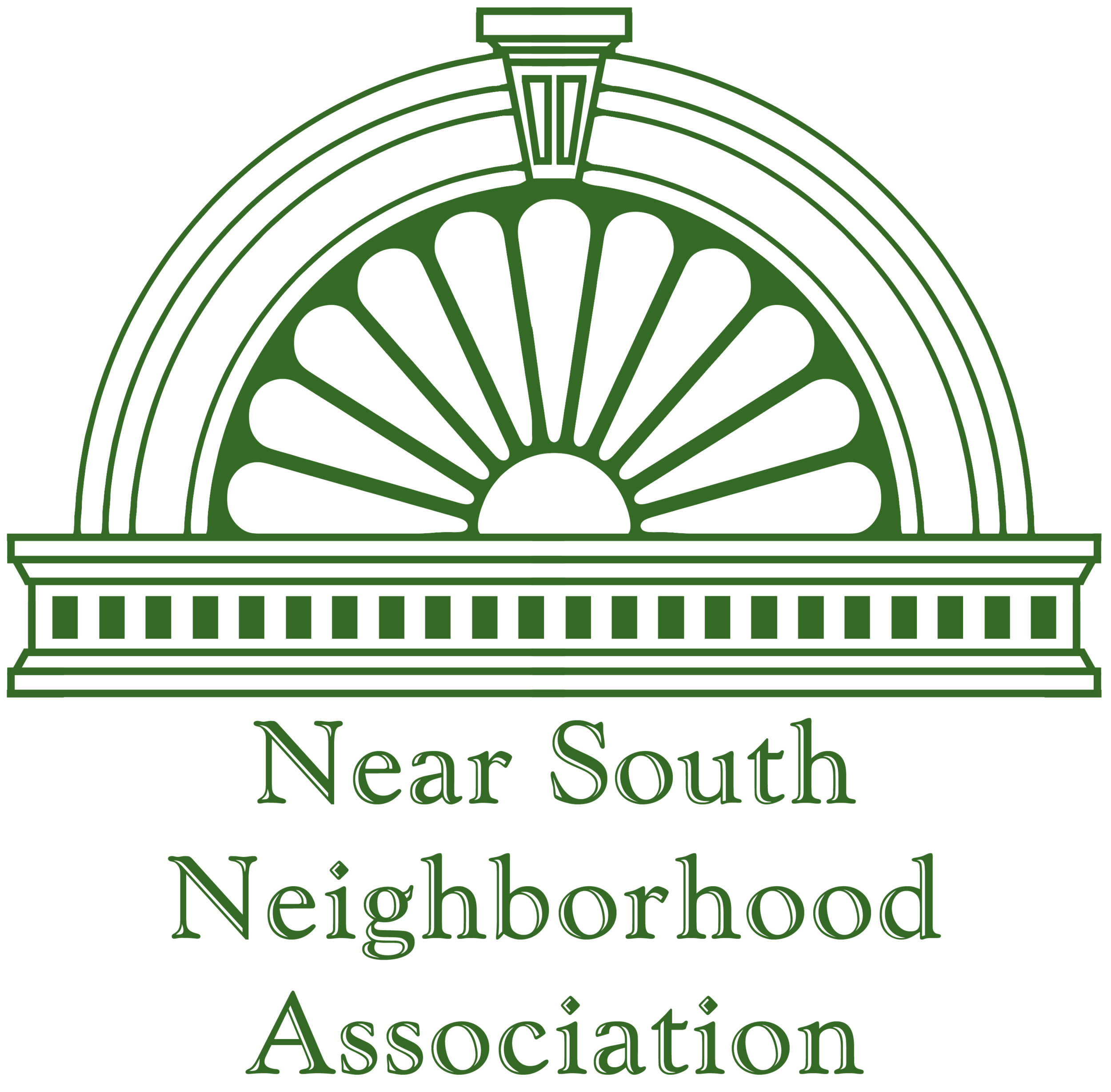First-Plymouth initiative addresses mental health & substance use disorder issues
The following essay is by Juan Carlos Huertas, Minister of Proclamation and Practice of Justice at First-Plymouth Congregational Church:
We continue to ask the question: How can we come alongside our neighbors so that all can flourish? This question fuels our imagination, helps us listen, and guides our decisions as a congregation. Flourishing happens when we “increase the love” and so our Year of Hope Initiative emerged to bring to the forefront the mental health needs present all around us. The mental health and substance use disorders that are prevalent in our families, workplaces, and neighborhoods keep all of us from living a flourishing life. We know the challenges are many – the shortage of mental health providers, access to care, lack of financial resources, etc. – and yet we also know that we can help end the stigma, become better educated, and help network available resources in our community.
Juan Carlos Huertas
Our Year of Hope Initiative started this past fall with a series of programs that addressed mental health and substance use disorders in partnership with key non-profits in our community. In September in partneship with BraveBe Child Advocacy Center, we hosted Casey Gwinn author of Hope Rising: How the Science of Hope Can Change Your Life, he invited us to imagine a more hopeful world by coming alongside the most vulnerable in our community. This spring we continue the conversation with more partners and with more opportunities for action and learning.
We are learning that the language around mental health is the language of “we” and not the language of “them.” We are learning that we are lonely and that we need to create spaces of connection and belonging. We are learning that we need to speak about our own struggles with mental health and substance use disorders and do so with gentleness, compassion, and transparency. We are learning that we need more peer companions, we need to empower more people who are in recovery to come alongside those of us who are beginning the journey. We are learning that often our Christian faith has been a hindrance to healing and for some of our neighbors it has been a cause of their trauma. We are learning that our faith commitment to diversity requires attentive listening and a willingness to acknowledge that we don’t have an answer. We are learning that we together have what we need around us to experience healing. We are learning that kinship and solidarity needs to be practiced and requires presence over time. We are learning that our liberation is tied to the liberation of all our neighbors, that mutuality matters. We are learning that hope emerges in community as we imagine a more just and abundant world.
I am thankful to be a fellow sojourner in the Near South Neighborhood, to walk the streets and alleyways, and to raise my family here. I am also thankful to be a pastor not just to the people called First-Plymouth but to all who I encounter in the day to day of life. Hope is something we all need, healing from our mental and substance use disorders can only take place if we come together. If you want to join us in this effort send me a note juan@firstplymouth.org and let us continue to work together towards a more abundant life for all our neighbors.

